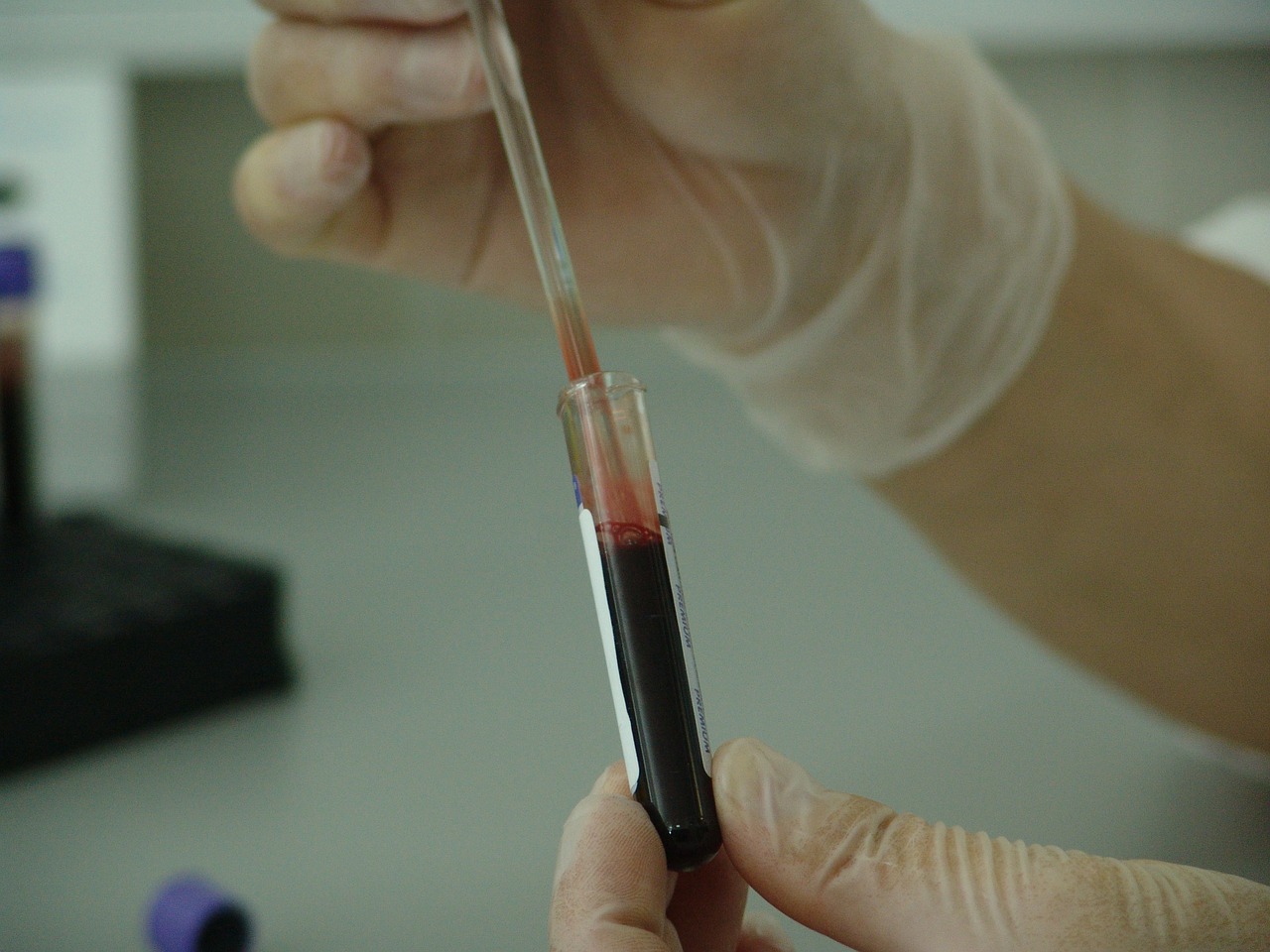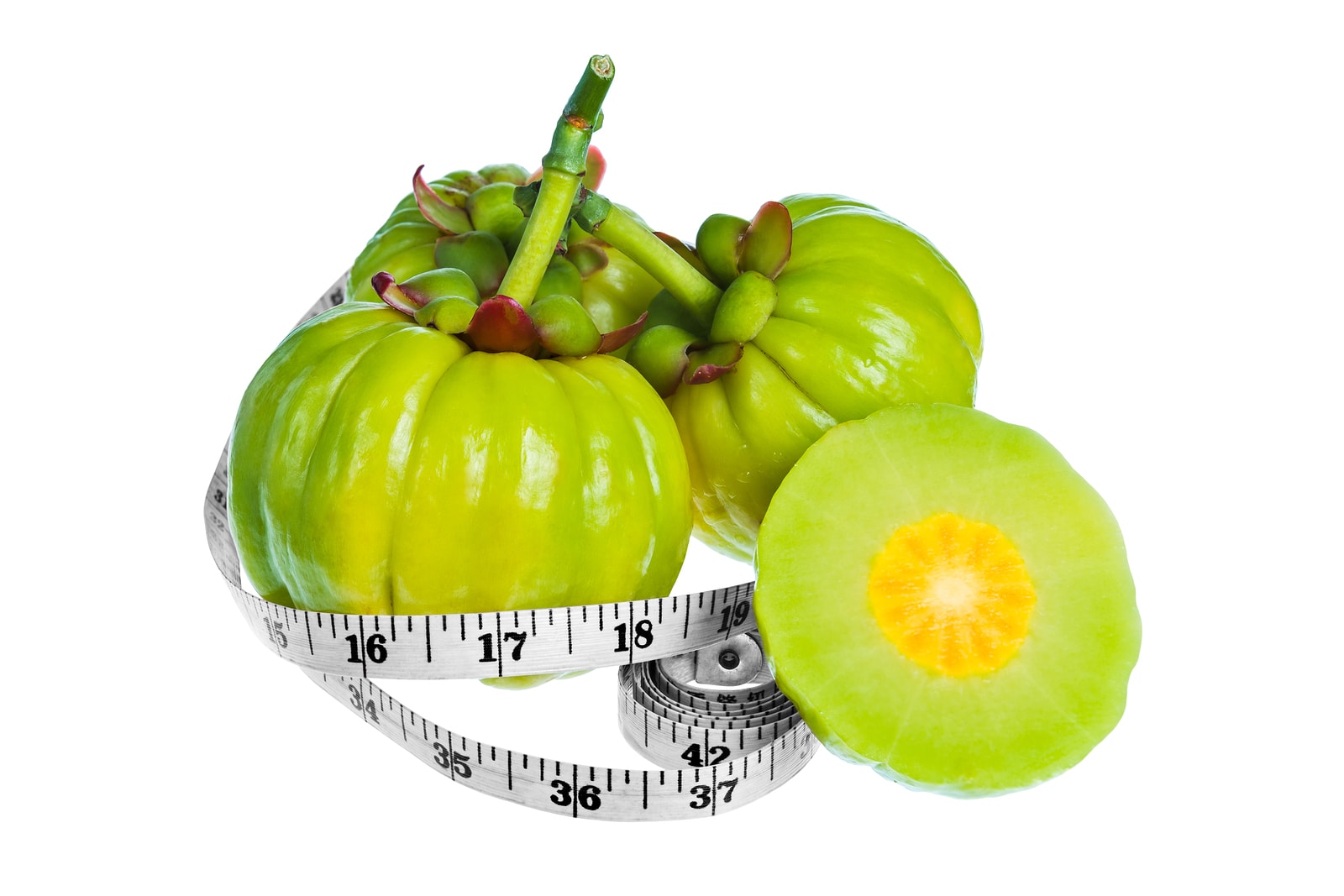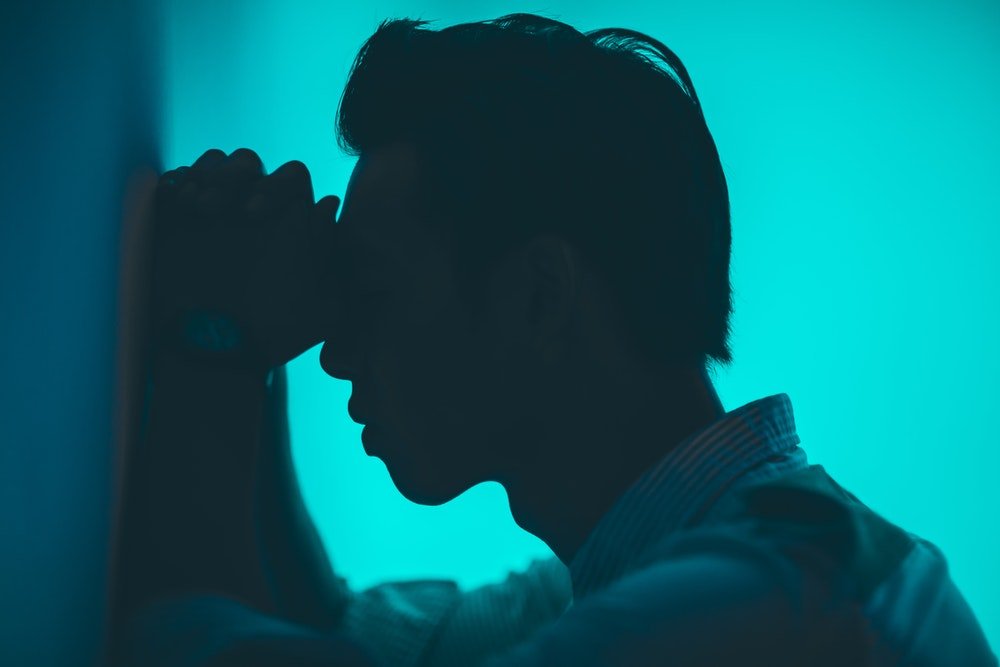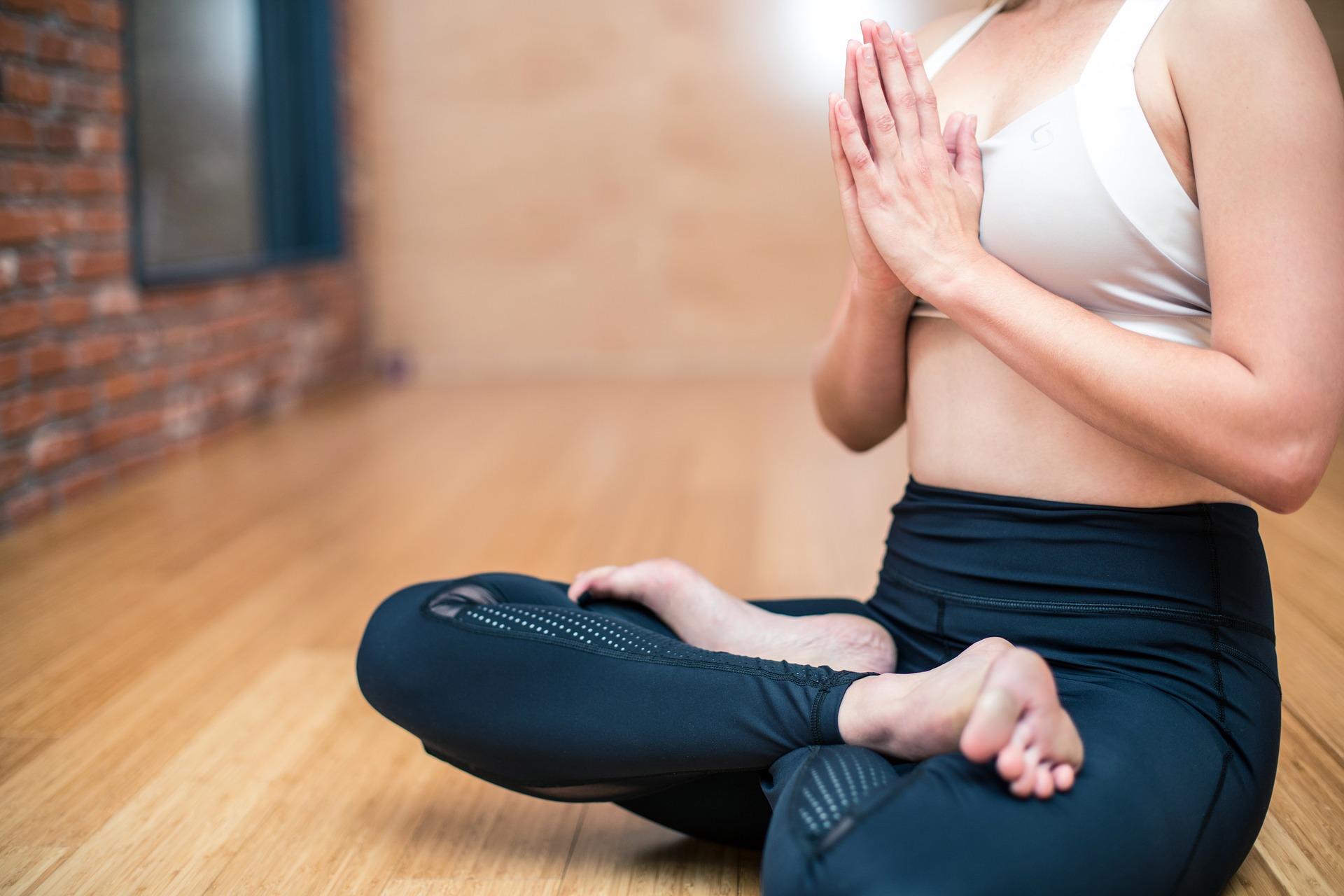In 1782, Michel-Guillaume-Jean de Crèvecoeur wrote in “Letters from an American Farmer” that a new race of Americans had been born from a mix of settlers from all corners of the world. Since then, many people of different heritages have flocked to the shores of the United States too, hoping to live the American dream. The culmination of such migrant dreams has led many individuals to trace their family voyages to learn more about their ancestry origins. Thanks to pioneering DNA technology and ancestry exploration databases, it has never been easier to find out where your ancestors were really from. Here are a few ways you will be able to get started today.
1. Prepare Yourself:
Before you begin to mine online for ancestry data, it is important to set up a workstation because of the large amount of information you will collect. If you do not have a system in place, it will be easy to misplace or overlook it. Some people choose to use a desk and print out family history while others choose an online genealogy registry to save it electronically. Take the time to click here to learn more about credible research sites that incorporate DNA testing and data mining tools to assist you in difficult research.
2. Start With Family Data You Have at Home:
Most people just starting out are not quite sure where to begin to look for family history. The best place to begin is at home as you have access to family documents, photo albums, and family who will provide you with lots of valuable information. It is extremely helpful to utilize a genealogy template or family tree document to record your findings.
3. Talk to Elderly Family:
Who better to ask about older generations than the very people who knew them? Grandparents will most likely be able to provide ancestry information. Even a simple name and location will allow you to request data like birth certificates or death records. Here are some helpful questions to ask:
- Who are the oldest relatives you remember?
- What cities or countries did ancestors live?
- Surnames of parents, grandparents, great-grandparents.
- Did your family immigrate?
4. Choose a Credible Ancestry Website:
Genealogists used to do everything by hand, which meant long hours at local libraries and records offices. It often took decades to complete. It is now much easier to research when utilizing the tools on genealogy websites. Ancestry websites are structured and make the investigation easier to complete. Once you link a known family member, you will be able to link their family history as well. It will also help you trace ancestors’ data faster.
5. Take Advantage of DNA Testing:
Even if you lack time to do extensive research, you can take advantage of DNA testing so that you know exactly where your ancestors are from. You also get notifications when others who do testing have a DNA connection to you. When getting a DNA test, make sure you choose a recognized DNA ancestry site to gain access to worldwide users.
Are you ready to get started? Now that you know how to research, who to ask and what genealogy site to use, you will be able to fill in your ancestry family tree in no time at all.
Read Also:

























